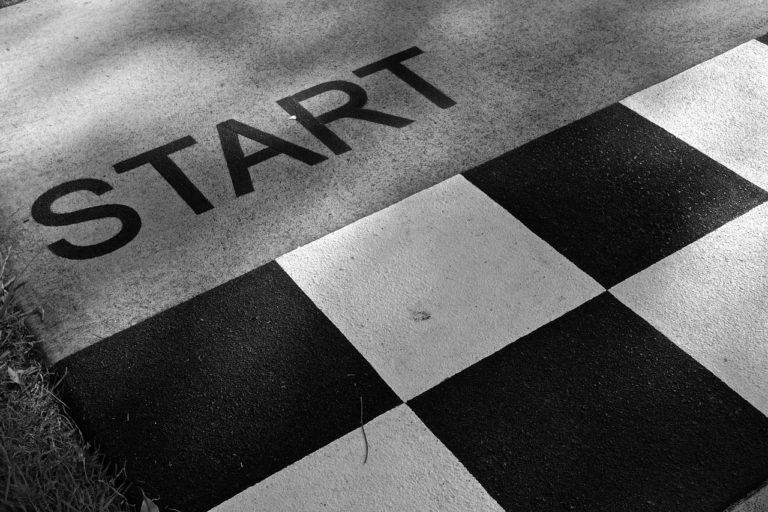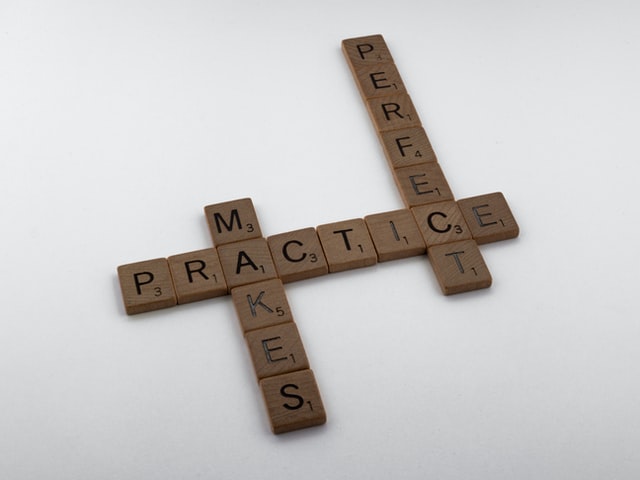How to get +90% in the first term of medical school
It’s pretty surreal that I’m already through my first term of medical school. It’s even crazier to think that I ended this term with a 96% average. Here are the things that helped me do well this term.
1. Planning for the first term of medical school
Learning how to study
Just as I kept hearing, my first term of medical school showed me that the hardest part about medical school is managing all the material. The content itself is not too bad. The physiology can be challenging, especially if you’re seeing it for the first time. But what really makes things difficult is the time crunch. You need to understand and learn the material pretty quickly, because the concepts continue to build.
With all that said, it’s important to have an effective study system that helps you manage large volumes of material. You’ll probably adjust your study methods as you navigate through medical school. I made several adjustments in just term 1 alone. But the basics didn’t change.
Knowing about effective study techniques and putting them into practice before the start of the term made all the difference. It helped me stay calm during the first few weeks as I was adjusting to the volume of material. Also, the first few weeks were especially content heavy. If I hadn’t prepared, I would have fallen behind and/or started to burn out in just the first 6 weeks. Which is what happened with a lot of classmates.
If you don’t have a study system or if your system from undergrad didn’t work that well, I highly recommend taking some time to plan and figure out what works for you before the first term of medical school. There are many new adjustments when starting medical school. Coming in prepared with a study system takes away one big stress. And it’s well worth the time investment.
Self-learning the material
As I mentioned, the hardest part about medical school is learning how to manage a large volume of material. There is a lot to learn. So I wanted to ease some of that volume by learning it ahead of time. All the comments I read online vehemently said to not study before medical school. I’m glad I didn’t listen and did what I felt was best for me.
My reasoning was that I was a couple years removed from undergrad so I could use a refresher on the fundamentals. And since I could only learn so much ahead of time, I focused on high yield topics. I learned the physiology of the term 1 systems on my own, which was a great decision. I also learned anatomy on my own (because I did terribly in undergrad) and supplemented that with the cadaver University of Michigan cadaver Anki deck.
This was also the perfect way to put the study techniques I had learned about into practice. Mind you, the way I learned about learning was watching Ted Talks and YouTube videos about science-backed learning techniques. Which was a good start. But by learning material on my own, I was able to see how these study strategies actually worked. In doing so, I realized what worked for me.
Beyond that, I was able to get into a study routine and train myself to focus and study for extended periods. Like training your body for a marathon, I was training my brain for medical school. This experience really showed me how a little preparation can go a long way.
2. Being consistent
Keeping up with the material
After doing what I thought was important in preparation for my first term of medical school, I then had to put it into action. That preparation really helped me stay on top of the material. It definitely took some time to figure out the “best” or most effective way for me. But the important part was keeping up with daily and weekly content. Getting through lectures every day. Understanding the concepts. Doing practice questions. Completing the weekly quiz. Each component helped to improve my understanding of the concepts.
Doing a little each day
If I didn’t get the material right away, I noticed that by doing a little each day I was really able to improve my understanding throughout the block. The first day, I made sure to get through my lecture review to have an overall understanding of the topic. Then I made sure to review the associated Anki cards. I annotated the cards as needed, especially if I was struggling. When I felt more comfortable with the topic, I would tackle the practice questions.
If I really didn’t want to study that day, I made sure to at least get through my Anki reviews. This really made a difference because by exam time, I would have seen the same cards/content several times. And each time, I usually picked up on a new point. Slowly but surely, those tidbits would add up and by exam time I would have a pretty good understanding of the topics. And that came from being consistent. Which ultimately helped me avoid last minute cramming and burnout leading up to and after exams.
For next time…
In addition to planning and consistency, what really helped me was having things to do outside of studying. That helped me focus and make the best use of the time that I allotted for studying. I’ll talk about that in my next post about how I avoided burnout in my first term of medical school.
What study strategies have helped you?
-M
Want updates on the latest posts? Email theislandmedonline@gmail.com or complete this form to join the email list today!








One Comment
Comments are closed.